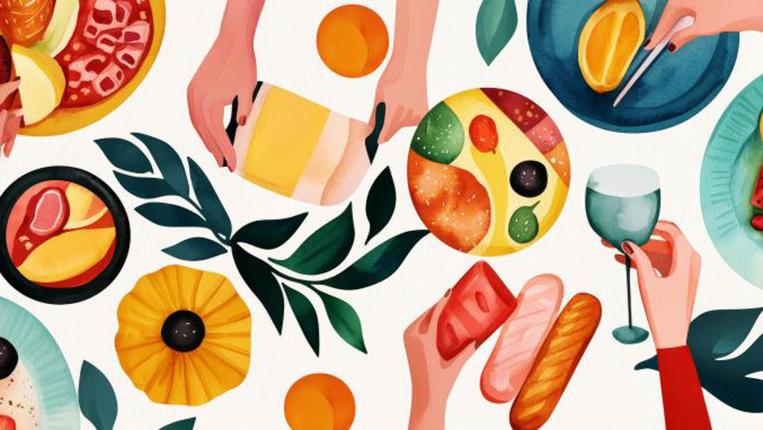Did you know that one of the extracts with the greatest antimicrobial activity comes from an acorn by-product? Other extracts from plants such as rock rose, echinacea, chestnut blossom and eucalyptus also stand out. What’s the matter? Neutralize bacteria and viruses, such as SARS-Cov2. In line with the circular economy and the importance of reducing the consumption of fossil fuels, the PLANTCOVID consortium has created a clean technology, which uses plant compounds derived from agriculture, and which allows to check provide fabrics with greater longevity, reducing the need for washing and eliminating bad odors produced by microorganisms that live “naturally” on this type of substrate.
Miguel Marques Pinto, Chief Science Officer of Next Generation Chemistry, explains “the objective of the consortium was to investigate, develop, test in a laboratory environment and produce on a pilot scale one (or more) compounds of plant origin capable of inactivating the SARS-Cov2, and a collection of bacteria and fungi harmful to human health”. In this sense, “more than 15 plant species cultivated in Portugal were identified and tested.” After optimizing the extraction processes for each plant, the extracts were characterized for their antimicrobial action. “Several extracts with high antibacterial, antifungal and antiviral activity against the SARS-Cov2 virus were identified,” explains Miguel Marques Pinto. The team concluded that one of the extracts with the greatest antimicrobial activity comes from a by-product of local agriculture, the acorn. “Other extracts from plants such as rock rose, echinacea, chestnut blossom and eucalyptus also stand out,” he adds.
“PLANTCOVID has always been concerned with the sustainability and circularity of the raw materials used and the processes for obtaining new extracts and commercial prototypes,” says Manuela Pintado, director of the Centre for Biotechnology and Fine Chemistry at the Universidade Católica Portuguesa.
Miguel Marques Pinto states that “the product is not toxic to human health and has a similar performance to the compounds, originating in petrochemical synthesis, which are currently on the market and which we intend to replace.” “Tests of permanence of the compound on the fabric were carried out - simulating domestic washing - and the compound is resistant to washing. The most obvious applications are in home textiles - sheets and bath towels,” he concludes.
The PLANTCOVID consortium is made up of the company Next Generation Chemistry (Porto), the Centre for Biotechnology and Fine Chemistry of the Faculty of Biotechnology of the Universidade Católica Portuguesa (Porto), the Polytechnic Institute of Bragança and the João Lobo Antunes Institute of Molecular Medicine.



